Vaccine will not save us from coronavirus pandemic: leading virologist says
A vaccine will not stop the coming worldwide coronavirus pandemic, a leading Australian virologist says.
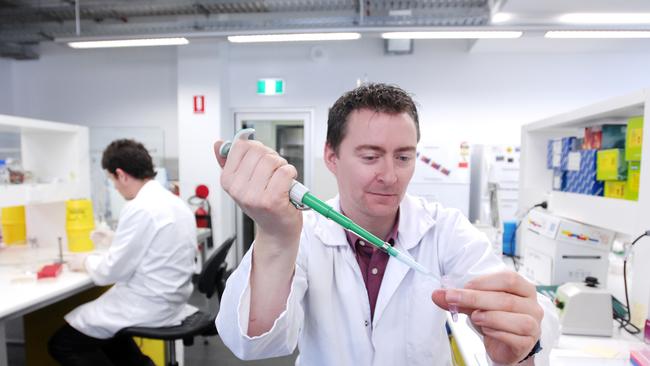
An eminent Australian virologist says a vaccine will not be available in time to stop the coming global coronavirus pandemic despite admirable efforts to create one.
UNSW Professor Peter White says it’s essential that immediate measures are put into place to protect older Australians who are the most vulnerable to the coming virus.
Professor White and his colleagues were credited with discovering a strain of norovirus which caused a worldwide gastroenteritis epidemic on cruise ships, hospitals, child care facilities and hospitals.
Speaking to The Australian, Professor White took issue with a claim by Israeli scientists last week who say they are close to developing a vaccine for coronavirus that could be available in about 90 days.
The MIGAL Galilee Research Institute says its researchers have developed an effective vaccine against avian coronavirus Infectious Bronchitis Virus (IBV), which is to be adapted soon and create a human vaccine against COVID-19.
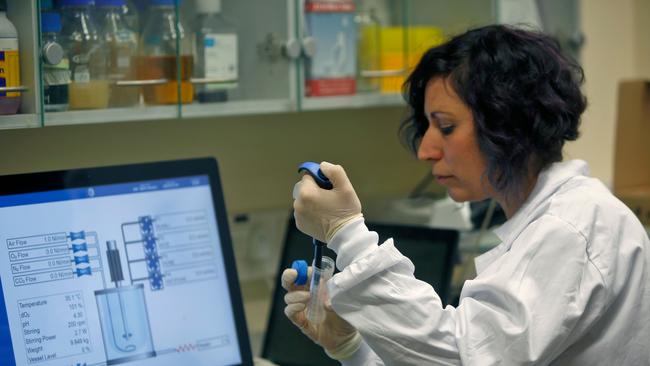
“After four years of multidisciplinary research funded by Israel’s Ministry of Science and Technology in co-operation with Israel’s Ministry of Agriculture, MIGAL has achieved a scientific breakthrough that will lead to the rapid creation of a vaccine against coronavirus,” the institute says on its website.
Professor White says it is unlikely any vaccine will be developed for coronavirus also called COVID-19 before the virus “dies out”.
He said the virus would eventually degenerate into another form of a common cold once the global community experienced it and became immune to it. That could take up to three years and it was unlikely a vaccine would be available for this virus which he describes as “extremely sophisticated and complicated”.
“Vaccines have never worked for hepatitis C or HIV or very difficult viruses,” he said. “Most of our vaccines we made came from the 60s and 70s … polio, rubella, measles, all 1960s vaccines.
“The vaccines were done for the easy viruses.”
“Coronaviruses are among the most difficult; there are no coronavirus vaccines,” Professor Whilte said.
He said to make a vaccine for viruses like coronavirus, “you're looking at least $2bn and you need to make a decent whack out of it,” he said.
When asked if a vaccine would ever be produced for COVID-19, he said: “I doubt very much there ever will be (one). “Anything we try and do vaccine wise is going to be outdated, in my opinion.”
He said a pandemic was inevitable, with the virus eventually burning itself out as populations became immune. “I was hoping it would not go this way”.
He says US researchers at Gilead Sciences in the US offered some hope, but even that was a long shot and it was unlikely anything would be available short term.
California’s Gilead Sciences last month announced it was working with world health authorities to adapt its “investigational compound” remdesivir to fighting the virus.
It is understood the drug was originally developed for prevention and treatment of Ebola virus.
Chief Medical Officer at Gilead Merdad Parsey warns that remdesivir is not yet licensed or approved anywhere globally and has not been demonstrated to be safe or effective for any use.
However these are challenging times.
“At the request of treating physicians, and with the support of local regulatory agencies, who have weighed the risks and benefits of providing an experimental drug with no data in 2019-nCoV, Gilead has provided remdesivir for use in a small number of patients with 2019-nCoV for emergency treatment in the absence of any approved treatment options,” the statement says.
Dr Parsey says Gilead is working with health authorities in China to establish a randomised, controlled trial to determine whether remdesivir can safely and effectively be used to treat 2019-nCoV.
“We are also expediting appropriate laboratory testing of remdesivir against 2019-nCoV samples.”
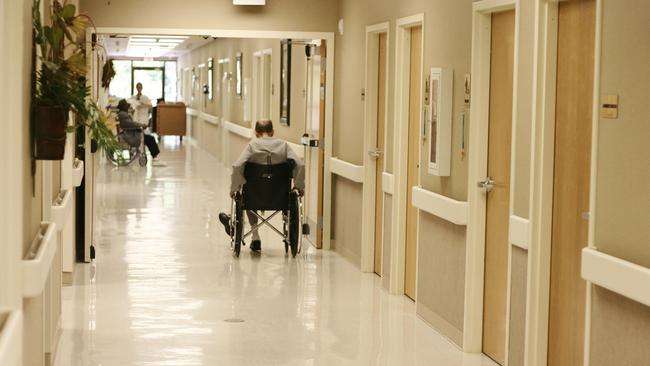
Professor White said the drug had already passed phase I and phase II clinical tests so it is safe to give to humans. However the big test is phase III, does it work? He says Ebola virus and coronavirus are “opposites” so he’s not confident it can be adapted.
Chinese firm BrightGeneBio-Medical Technology (Suzhou) in a statement translated from Chinese says it has already mass produced remdesivir.
However reports say BrightGeneBio had not been licensed to make the drug and had been reprimanded by the Shanghai Stock Exchange for the accuracy of its claims.
Professor White says that while remdesivir is an important development, it is not going to solve the immediate issue of a pandemic.
He says coronavirus is far more infectious than the 2012 norovirus that ripped through cruise ships, hospitals, aged care facilities and child care facilities.
“This guy on the Japanese cruise ship (coronavirus) infected 700 out of 3800 that is similar or if not better, than one of the most infectious human viruses that we know (a norovirus),” he says.
He says the current strategy with COVID-19 is to slow down the spread of the virus so that health systems can cope. “We can slow it down or we can speed it up. That's all we can do,” he says. “We will not be able to contain it now.”
He says screening in aged care facilities needed to be in place before a pandemic which scientists now regard as inevitable. He says the most vulnerable – the very young and very old – need immediate protection.
“We need to protect the elderly and the very young who are being killed by a virus that doesn't kill you and me,” he said.
“We have to absolutely stop the transmission. So (those entering) old people's homes need to be screened before they go in. Hospitals need to be further protected from infected people walking into that hospital … these are the things that will stop the virus from spreading.
“In one or two or three years time, they'll be global herd immunity to this virus and it will not be a problem.”


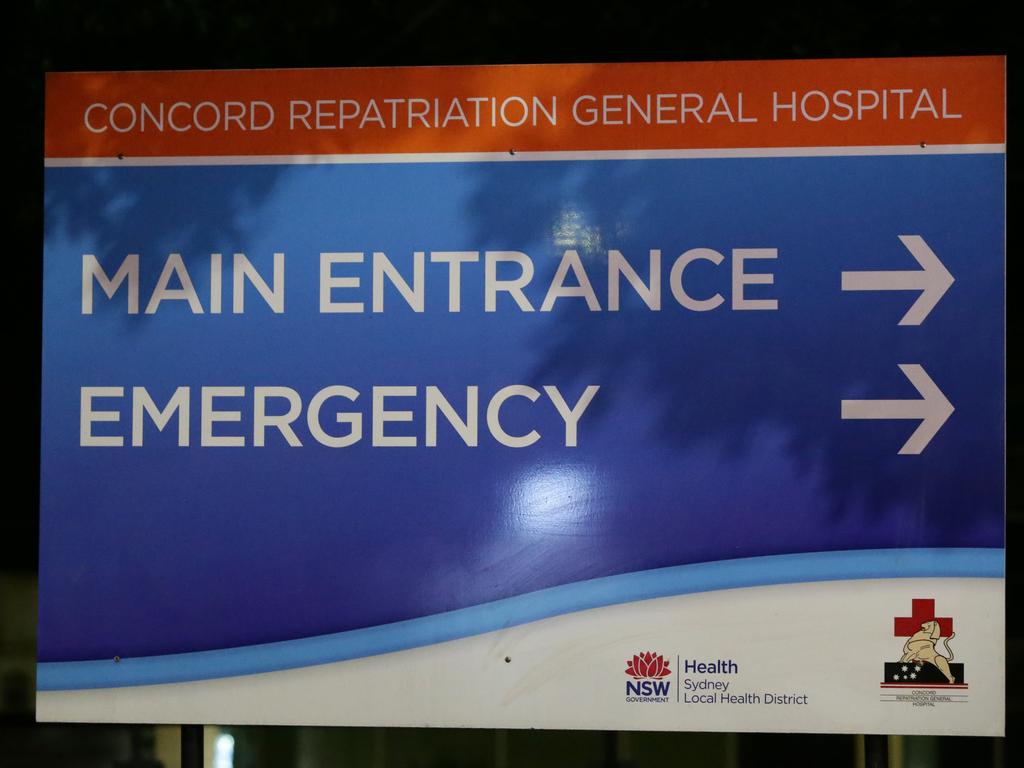
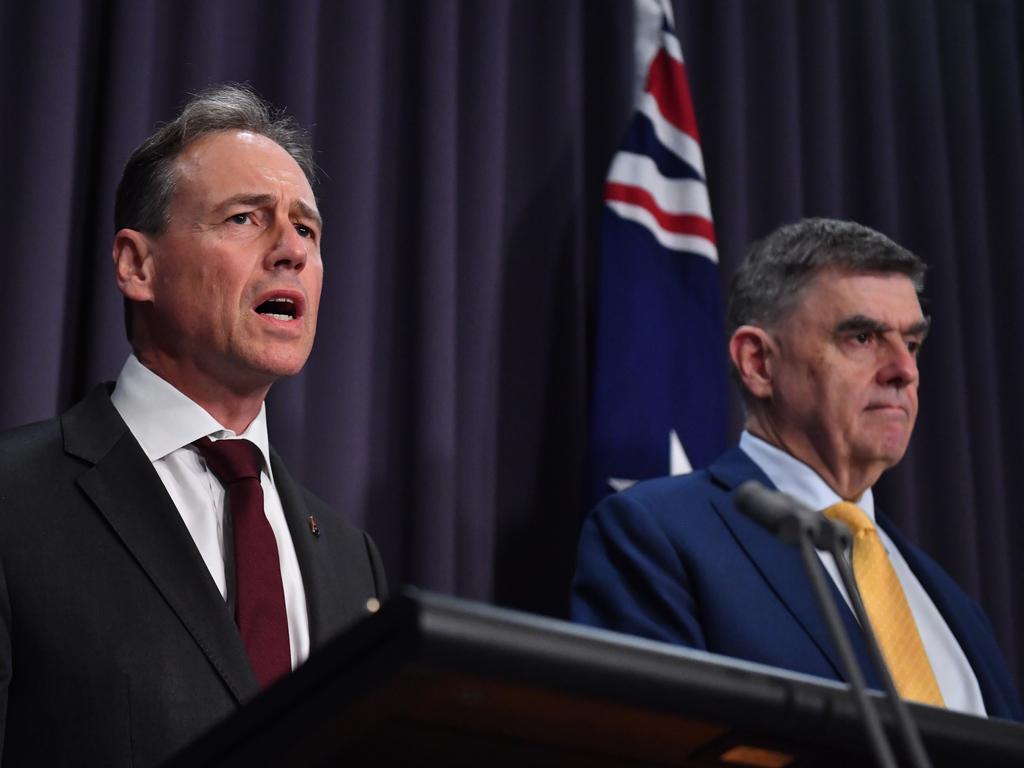
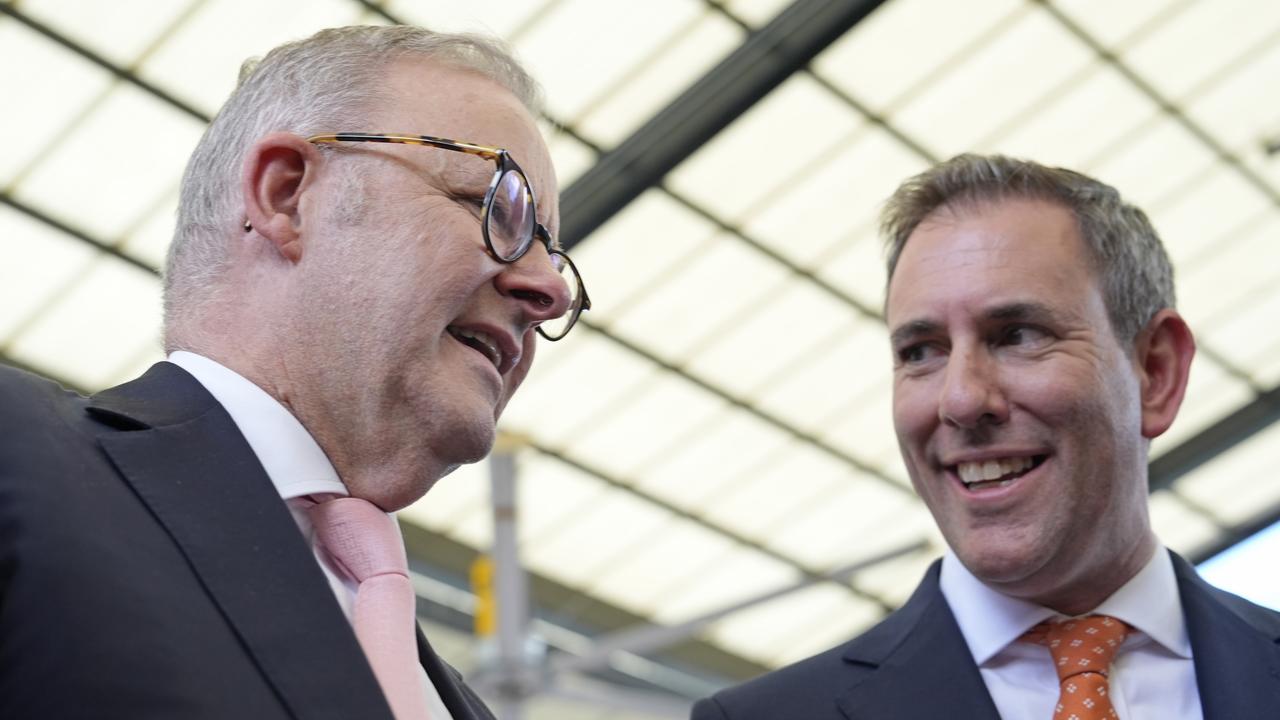
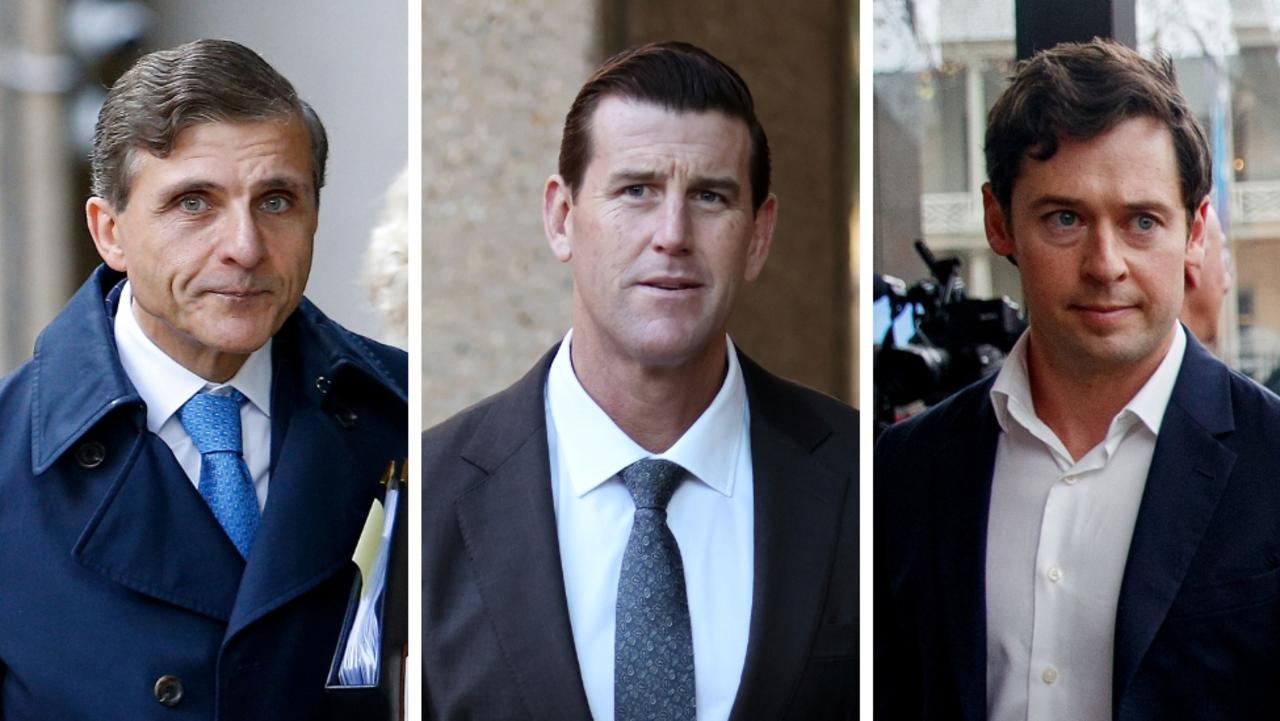
To join the conversation, please log in. Don't have an account? Register
Join the conversation, you are commenting as Logout